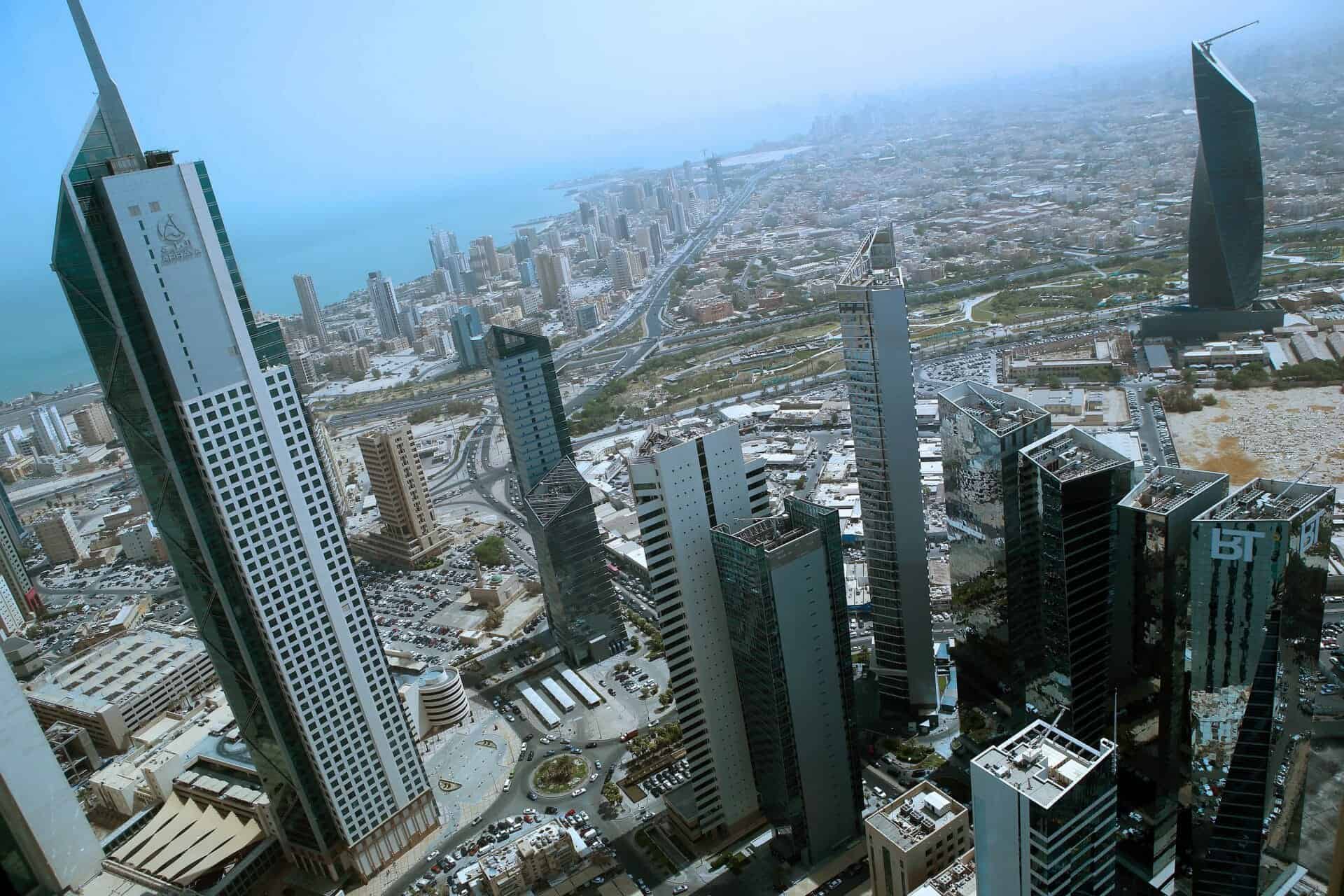Political stability in Kuwait following reconciliation between the government and opposition representatives in the National Assembly is expected to help the country focus on the economic recovery driven by the rising oil prices.
In recent past, because of the conflict between the National Assembly and the government of Sheikh Sabah Al-Khaled Al-Sabah, the legislative work had been disrupted for months, which hurt the efforts to strengthen the public finances and adopt measures, such as the draft public debt law.
According to the International Monetary Fund (IMF), the resolution of the impasse could signal an acceleration in reform momentum.
However, the IMF believes that political stability is not enough as other obstacles are hindering economic recovery.
Falling oil prices due to COVID- 19 pandemic caused a 15.4 percent dent in Kuwait’s GDP in the fiscal year 2020-2021. Also Kuwait witnessed a record budget deficit US$ 36 bn in the fiscal year ending on the 31st of March 2021.
But the IMF expects a 2 percent surplus in the fiscal year 2021-2022.
In June, the government passed the budget for 2021-22 which projected expenditures of US$ 76 bn and a deficit of US$ 40 bn.
Financial Expert Jassem Al-Saadoun believes that the government needs to do more to get the economy back on track. He said the government has not taken any steps to alleviate the cumulative deficit, which amounts to more than US$ 34 bn.
“After Kuwait borrowed from world markets in 2017, and drained all the liquidity of the public reserve, the government is asking for a new law that will allow it to withdraw from the Future Generation’s Fund,” Al-Saadoun.
Future Generations Fund is a national savings pot intended to help the country prepare for life after oil, has grown to about $700 billion. Its assets were valued at about $670 billion at the close of the last fiscal year on March 31.
Experts indicate a decrease in the fiscal deficit during the current year, but this will result from the rise in international oil prices and not as a result of government reforms, Al-Saadoun said.
The recovery, he said, needs to restructure the public budget’s financing, reformulate the reserve’s function for future generations, address corruption in public expenditures, in addition to building a sustainable income to finance public spending, as a priority mission.
The government’s primary goal of diversification of sources of income, he said, has failed miserably, and the economy is suffering from what economists refer to as “Dutch disease,” which is a lack of competition in the production of goods and services.
“Oil and its derivatives contributed 50 percent of Kuwait’s GDP and 90 percent of public budget revenues over the past 60 years; currently, oil contribution is the same,” Al-Saadoun said. “It is ironic that the world is moving toward more environmentally friendly energy sources and a more sustainable economy, Kuwait remains reliant on oil.”








